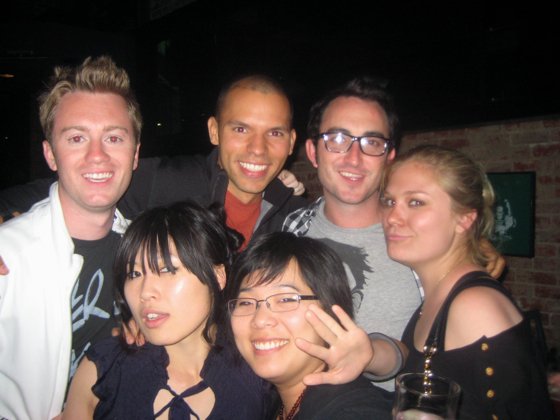How much can a blind woman teach you about filmmaking? Turns out, quite a bit.
As I reflect on my Buffalo Walk piece, and prepare to dive into the rest of my footage from my cross-country drive, I’m grappling with how to create a short documentary that’s both hopeful and gripping. How do I tell a story that’s positive, yet doesn’t fall into the trap of being naïve?
At yesterday’s National Storytelling Conference in LA I had the pleasure of attending Wendy Edey’s excellent talk on hopeful storytelling. Wendy, a blind “Hope Specialist” from Alberta Canada, counsels those who struggle to find hope in their lives, be it because of an illness, addiction, or another circumstance that’s weighing on their lives.
Wendy shared the following insights on how to tell a hopeful story:
– Organize your story around a symbol of hope, be it an object or a person.
– Don’t tell people what to hope for; empathize with what’s possible for them and what they’re ready to hope for.
– Create hope with the language of yet and when, e.g. He had not yet discovered that people with disabilities can win battles / I look forward to the day when the day after chemo will be as good as the day after taking an asprin.
– Create hope by playing with time; make the time span as long as it needs to be.
– A hopeful story is a lot more about how bad it gets in the middle than how well it resolves in the end.
– Make the hope obvious: literally call it out to the audience.
– The element of doubt makes hope significant.
With Wendy’s advice ringing on my ears, I’m curious to see how I will be able to weave her guidance into a film narrative. Thank you for your thoughts Wendy, and here’s to weaving positivity.
